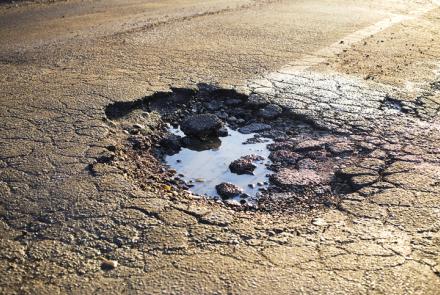One thing we know for sure: The crash of Asiana Airlines Flight 214 was not the fault of any of the passengers. In obtaining a ticket, each passenger was receiving the right to be transported safely from one point on the planet to another. In getting on board, each passenger was entrusting his or her life and well-being into the hands of those who were being paid to build, fly, and land a safe vessel over which the passengers had no control whatsoever.
It is to be expected that all potential defendants (including the airline, the manufacturers of the airplane and its component parts, the airport authorities) will do everything possible to limit recovery of monetary damages. This may involve making opening offers of money either as “gifts” or in exchange for signing away rights to further compensation. IT IS VERY IMPORTANT THAT ANYONE ACCEPTING A GIFT NOT SIGN AWAY HIS OR HER RIGHTS TO PURSUE FURTHER RECOVERY.
The fact is that under the international pact known as the Montreal Convention, airlines are required to make certain advance payments to victims to meet those immediate economic needs that have been caused by the crash.
Of course, victims will want their suits to be in Federal court in San Francisco, and will seek to have local law apply, including laws of negligence, products liability, and common carrier liability, all of which are very favorable to plaintiffs. Because the local laws are favorable to the victims, jurisdiction in San Francisco will be contested by the defendants.
Article 33 of the Montreal Convention provides that the plaintiff has the option of bringing a suit in one of several places, including any place where the carrier has a business location and the contract to travel was “made,” and “the court at the place of destination.” Both of these terms are subject to interpretation—and will require an experienced air disaster lawyer to make the argument that the victim’s case should be kept in San Francisco.
The difference between having your case presented in San Francisco and having it presented elsewhere could be worth hundreds of thousands, if not millions, of dollars to you. Make sure, therefore, that you have an experienced lawyer familiar with the San Francisco court, its judges, and its requirements.
Finally, while it is true that standard fees for lawyers representing plaintiffs are 33-1/3% or 40% of the recovery, such percentages anticipate legal battles over liability. The legal battles to be fought here, however, will not be substantial over liability and fees should be negotiated accordingly.




